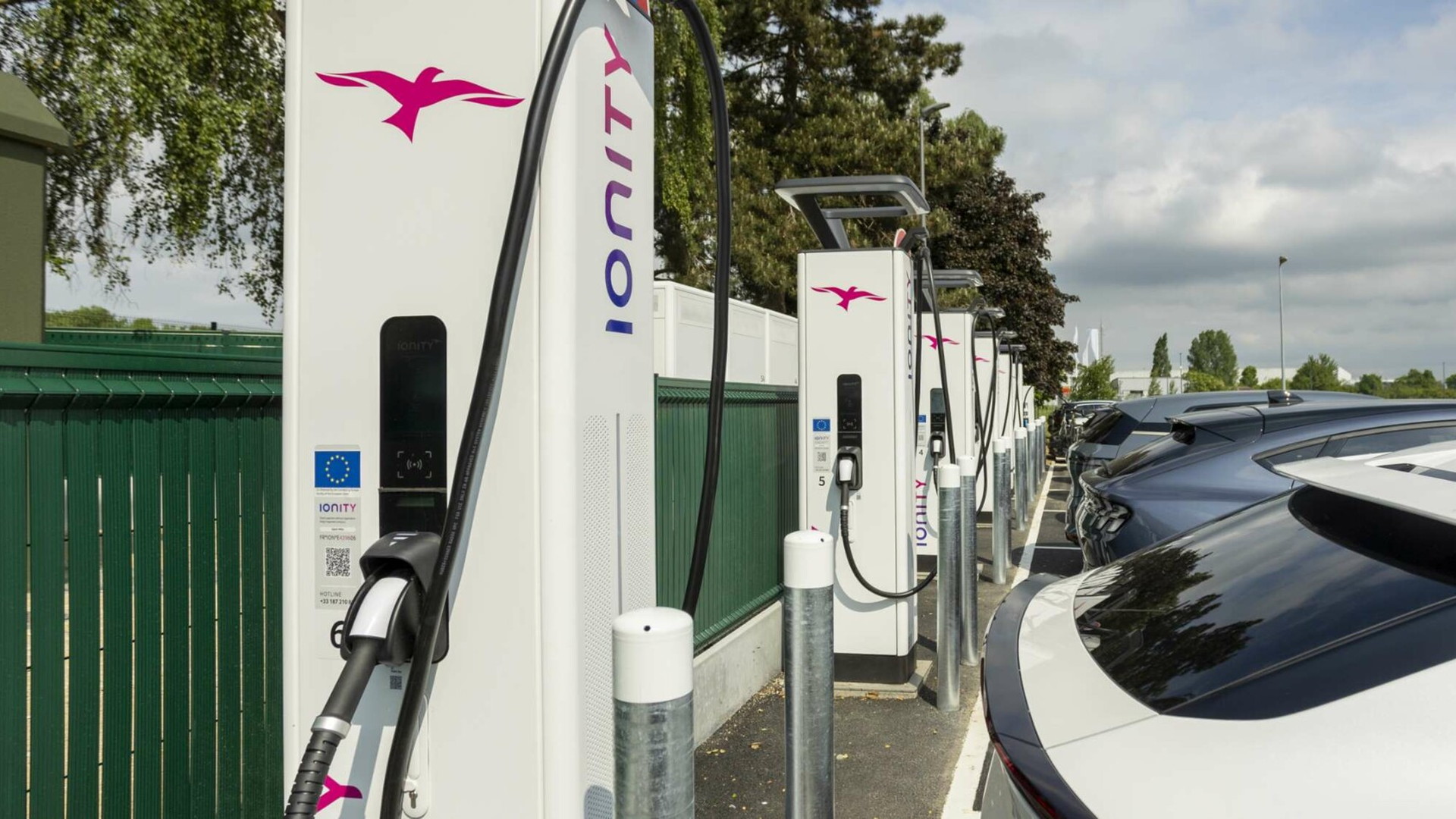We'd be the first to point out that many of the electric car owners currently out on the roads have had absolutely no trouble with the 100 or so miles they get from a full charge.
However, it'd be foolish to assume that some people really don't need more than that, and as a result there's always room for an EV with greater range.
Improvements to battery technology could be the best way to find this range, and according to New Scientist (via Autoblog), developments in Lithium-Air batteries from IBM could give us electric cars with a 500-mile range.
Just consider that for a second - 500 miles. That's enough to beat many internal combustion cars on sale today, and would certainly eliminate range anxiety.
Lithium-air batteries have significantly greater energy density than regular lithium-ion batteries - close to that of gasoline, in fact. That means batteries could be down-scaled - and therefore vehicle weight reduced - while still increasing range.
At the moment, it's the chemistry that's proving tricky. Lithium is incredibly reactive, particularly in water. Explosively so, in fact - clearly not great when cars are used in a range of humidities.
Several companies are working to improve Lithium-air technology, by testing moisture-proof battery membranes, and graphene cathodes.
IBM is seeking to improve the electrolyte, the solvent that carries lithium ions between anode and cathode. Current electrolytes react with air and become depleted over time, so IBM is testing various materials. The company thinks it's found one, but isn't revealing any details just yet.
However, an IBM-led coalition called Battery 500, hopes to have a full-scale prototype running by 2013, and commercial batteries ready by 2020.
You might have to wait a few more years for an electric car that truly goes further than the gasoline equivalent, but it's on its way.
And hey, in the meantime, you still get to drive past every filling station...
+++++++++++













